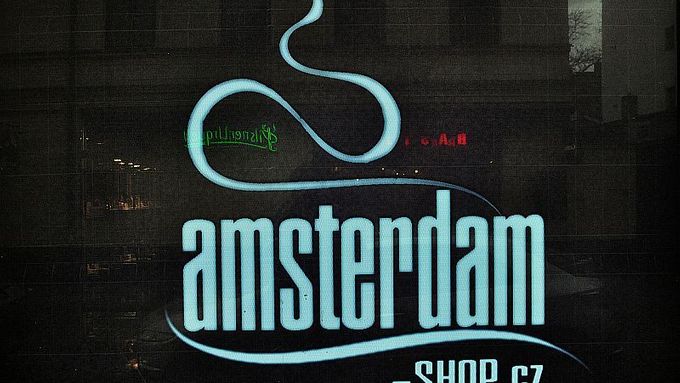Ostrava - In the last weeks, synthetic drugs from neighboring Poland have been flooding the Czech Republic's Moravian-Silesian region, forcing the government of PM Petr Nečas to react.
National anti-drug coordinator Jindřich Vobořil has asked the ministers to prepare, as soon as possible, a change of the 13 year-old law on addictive substances, more specifically a change of the unupdated list of illegal substances which does not include new synthetic drugs. The loophole is exploited by Polish sellers.
Read more: Drug scandal looms over main opposition party
Read more: Dozens of Czechs held in prisons abroad for drugs
"The process of including substances into the list of controlled drugs should be more flexible and faster," said Jindřich Vobořil.
At the end of 2010, legal shops selling synthetic drugs appeared in the proximity of the border with Poland. Český Těšín has already four of these shops, Ostrava (the region's largest city) two, Jeseník and Opava have each one.
The shops are selling colorful packets labeled as Good Shit, Funky, Magic Apple, Vanila Sky or Eko Groszek, with prices ranging from tens to hundreds Czech crowns (CZK 100 = approximately four euro). Officially, the drugs are sold as souveniers, with a warning that they are not to be consumed.
The products contain different chemical substances and nobody can predict their possible health effects, which makes them particularly dangerous.
Read more: President grants pardon to convicted drug trafficker
Czech police and drug experts have already prepared analyses of the drugs. For example, a mix called Euphorbia contains synthetic canabinoids, active compounds similar to marijuana or hashish, said Viktor Mravčík from the Czech National Monitoring Center for Drugs and Drug Addiction.
Politicians acknowledge the gravity of the situation. "It cannot be delayed. It is a very combustible problem," said MP Igor Svoják (Civic Democrats). In Poland, the synthetic drugs have overflown all the country in a few months. The Polish government and police was forced to react with a crackdown, closing tens of shops. However, the sellers have apparently relocated to the Czech Republic.
"All depends on how quickly will politicians be able to work," said Michal Hammer, a spokesman of the police anti-drug center. However, their experience does not give many reasons for optimism. Since 2006, they have been asking MPs to include piperazines, commonly used to produce ecstasy, into the list of illegal substances. So far, they have been unsuccessful.
